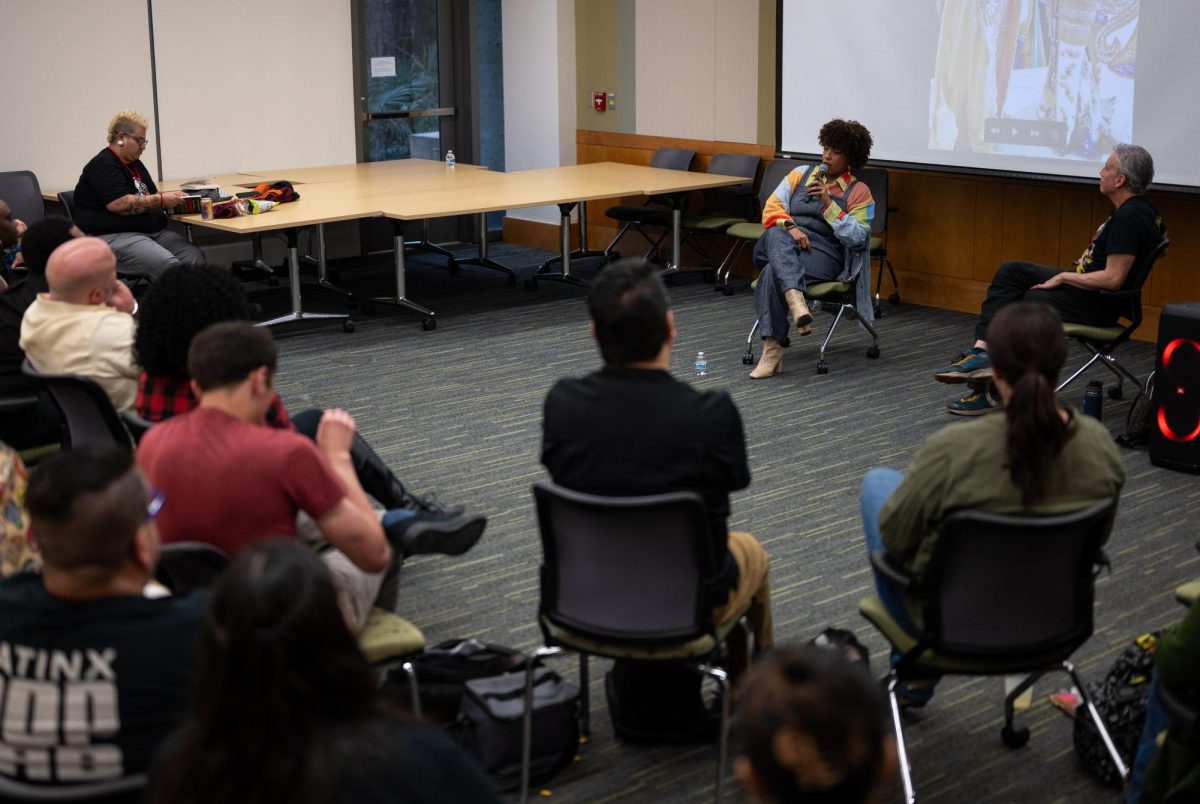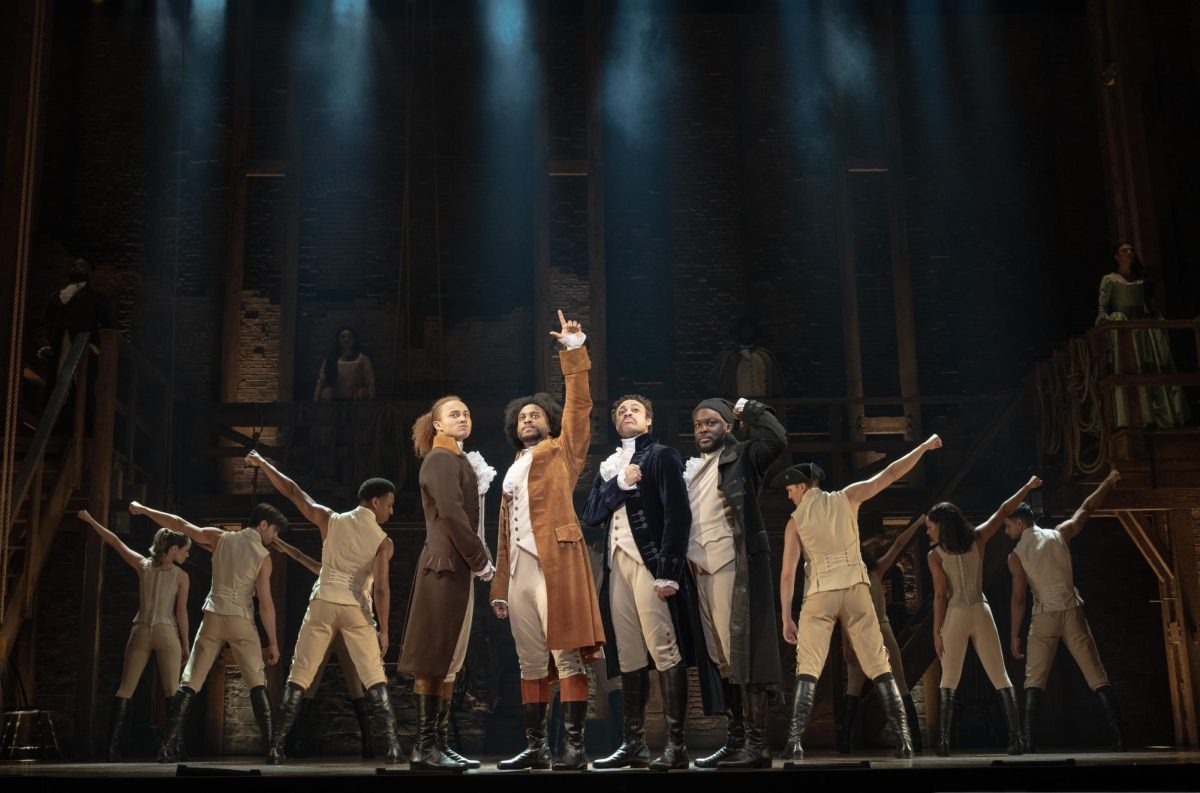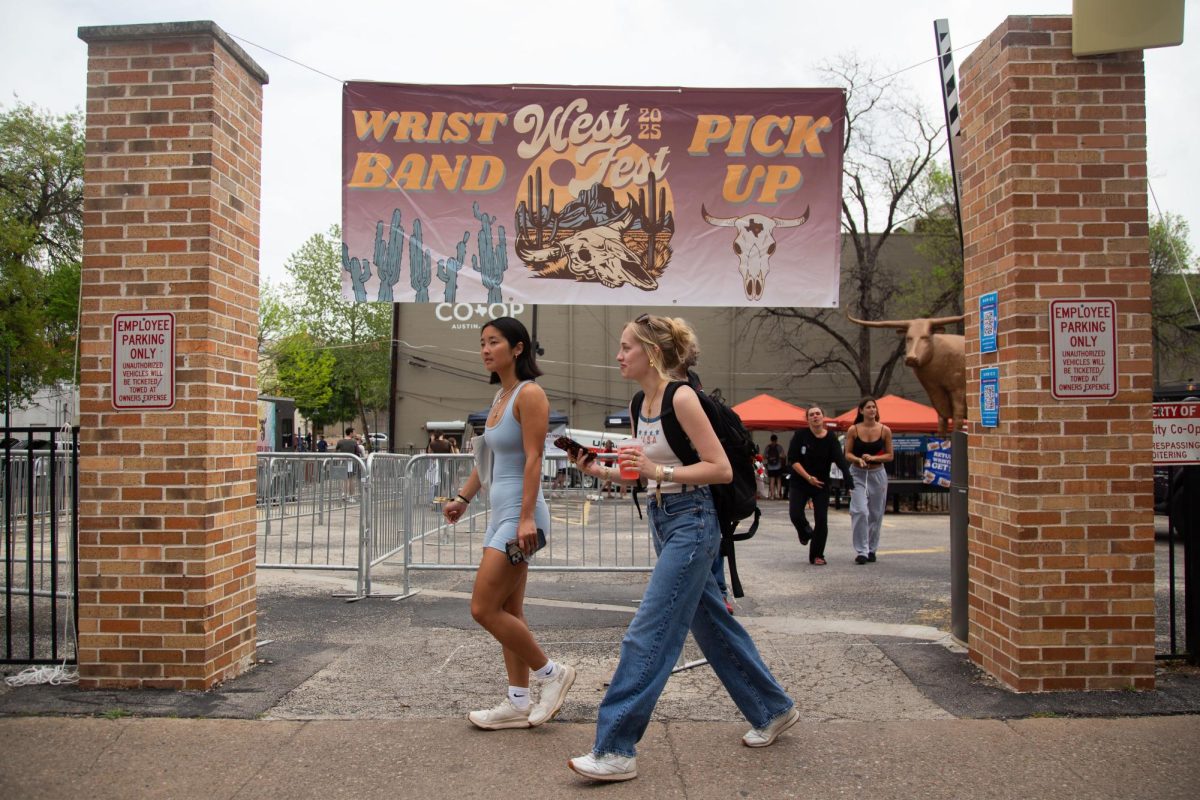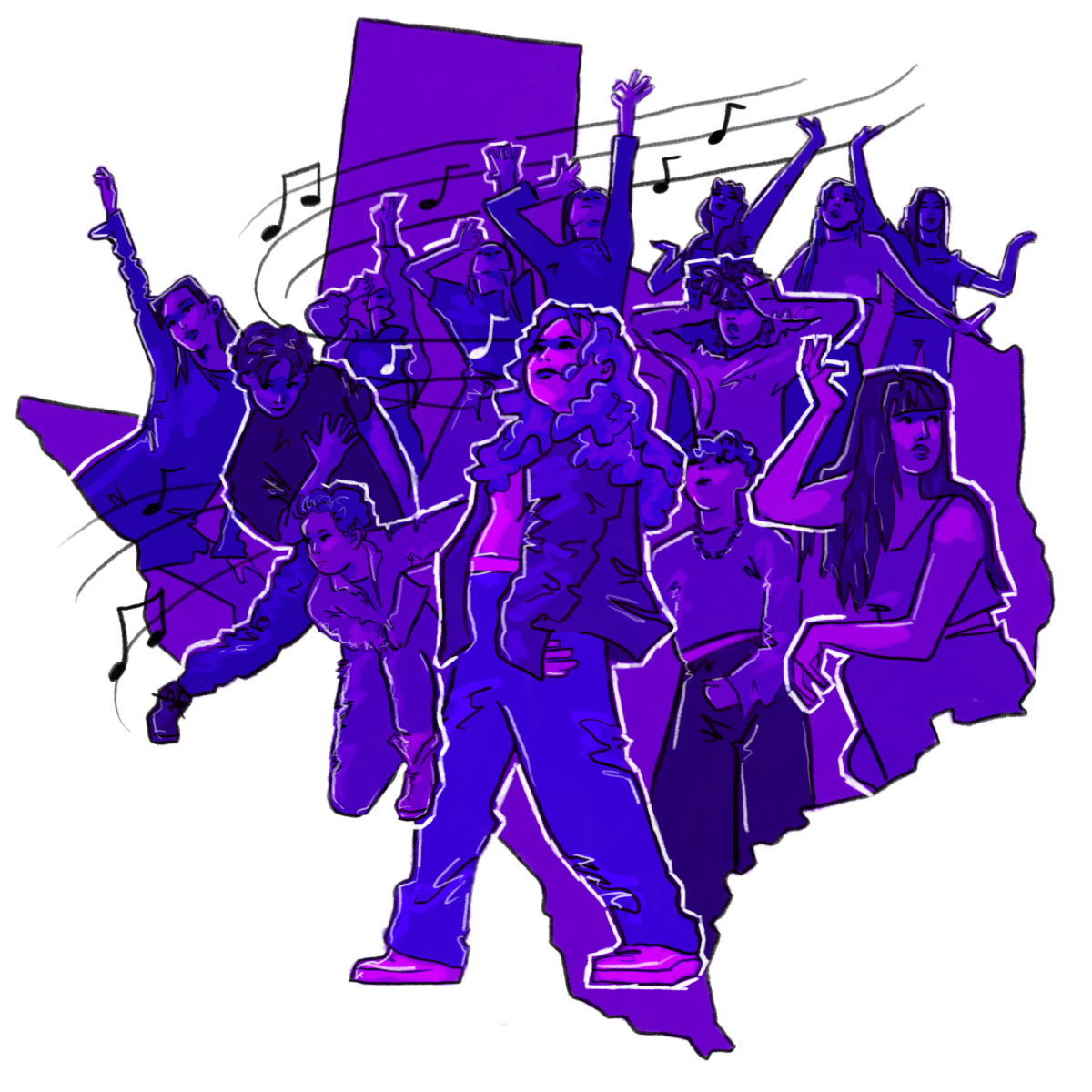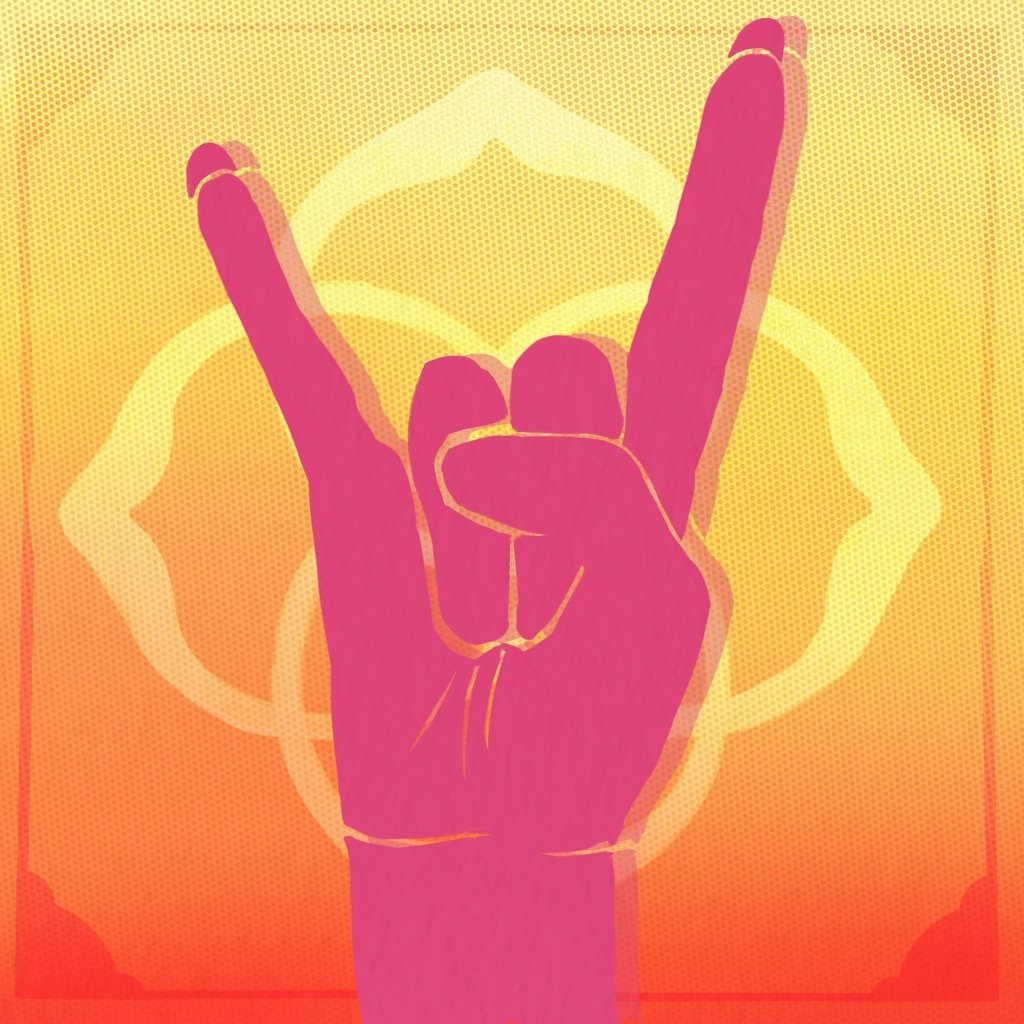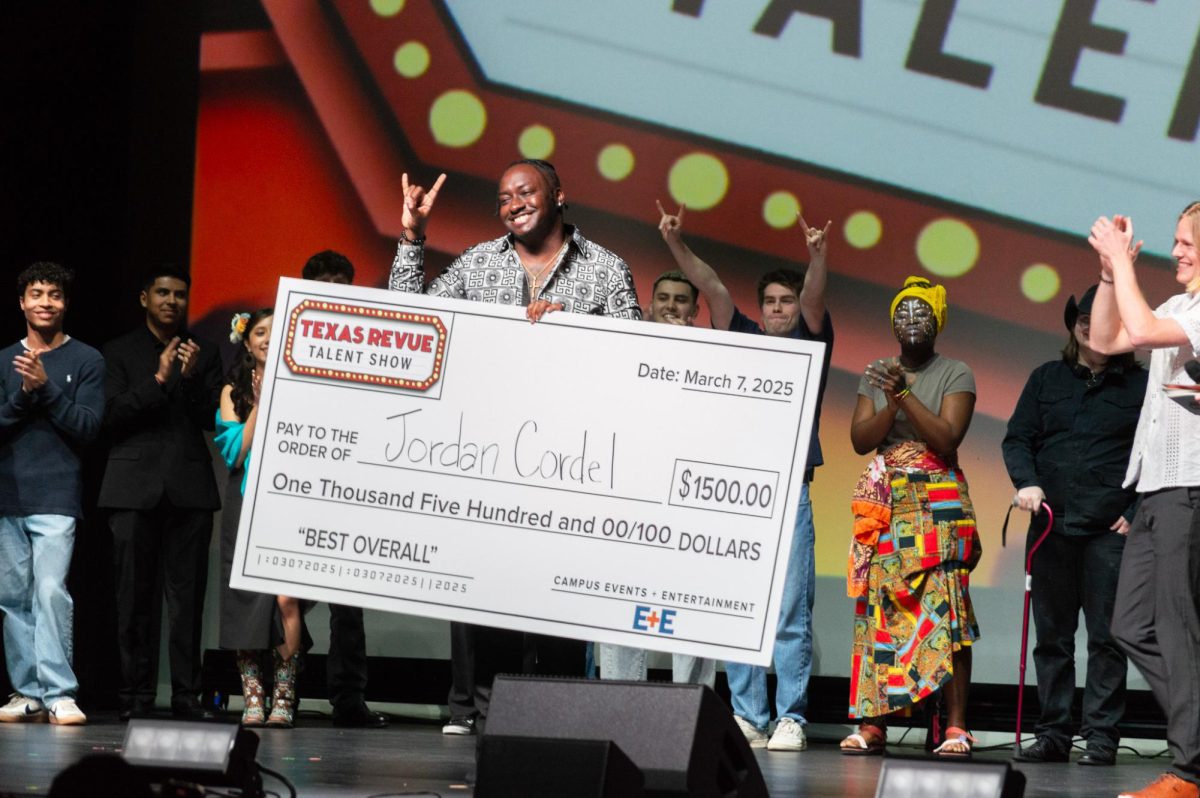Snip, fold, sketch, color and staple. Workshop leaders help students, scholars and visitors alike create a zine, or a mini comic book. Colors and characters pop from the pages of the collaborative zine compiled by artists of all skill levels and from different parts of the continent.
Assembling creators, scholars, students, educators and industry professionals, BIPOC POP 2024, a three-day symposium, aimed to create a space to discuss and solidify the BIPOC community and representation in the storytelling arts. Created and directed by Frederick Luis Aldama, the event will include workshops, discussion panels and expositions and take place from March 7-9 from 9 a.m.-5 p.m. in the Patton Hall Julius Glickman Conference Center.
“What we’re doing is putting a spotlight on those incredible people, scholars, creatives, industry, folks, librarians, teachers (and) curators of museums who are actively engaging, innovating and transforming our culture, but that very often aren’t seen,” Aldama said. “We’re putting that spotlight on them.”
Sam Ceballos, English doctoral student and graduate assistant for the Latinx Pop Lab, said the lab and BIPOC POP serve the crucial purpose of connecting teachers, scholars and students. She said delving into pop culture excites her the most as it bridges gaps and highlights diverse voices.
“Pop culture is all around us,” Ceballos said. “It is worthy of study, it shows us so much about the time in which it was written, so much about who we are. It helps us connect across anything and everything, and to study it is to have a better understanding of ourselves and our society.”
Building upon BIPOC POPs from the past two years, Aldama said they added more awards honoring animated shorts and student submissions to grant winners cash prizes.
“We have the means to award these individuals (and) teams of creatives not just with an award certificate, but also with money,” Aldama said. “Unless you’re a gazillionaire or funded by big producers in Hollywood and so on, this is not just a labor of love, there is a material need.”
Aldama said the event also expanded to include more workshops and community collaborations with University departments and organizations with over 25 exhibitors displaying comics and books. The event will also include professional cosplayers for the first time.
“Sometimes it’s hard for people to imagine something that’s not in front of them,” Aldama said. “But once that extraordinary thing is in front of them, they want to be involved.”
Psychology and linguistics sophomore Ana Paula Cardenas said Aldama taught one of her favorite classes, Intro to Comics, and invited her to take part in the panel he will moderate, called “New Gen UT BIPOC POP Scholars REPRESENT!” Cardenas said individual BIPOC stories, while unique to the person, can often offer a glimpse into a greater narrative often repeated and familiar for communities to feel represented.
“I hope that (panel audience members) take away that a story can make people empathize and see past their prejudices,” Cardenas said. “Stories can be very powerful, and they can help people be more open to different perspectives and different groups and different stories of people and then that way, we can reach equality.”

